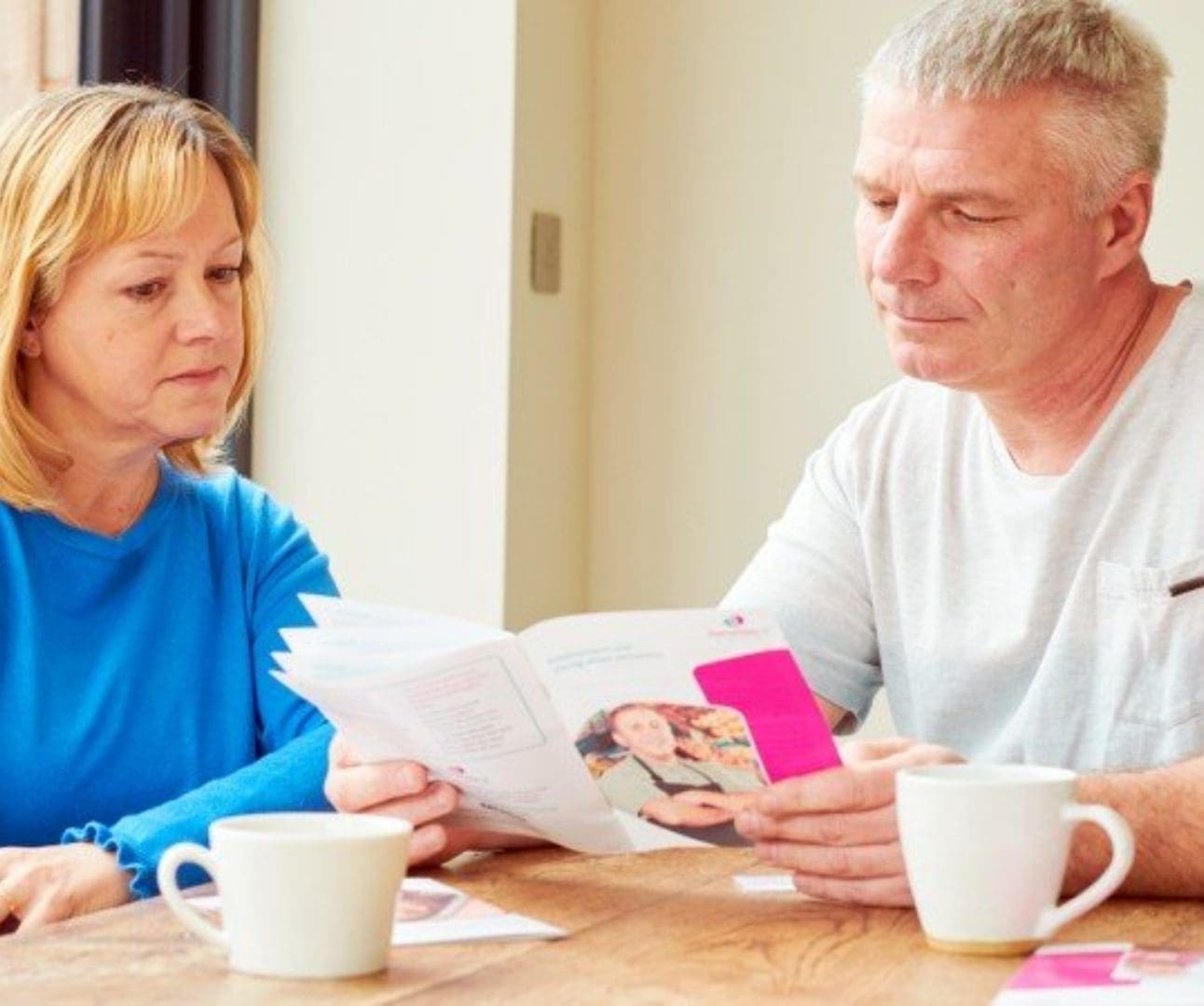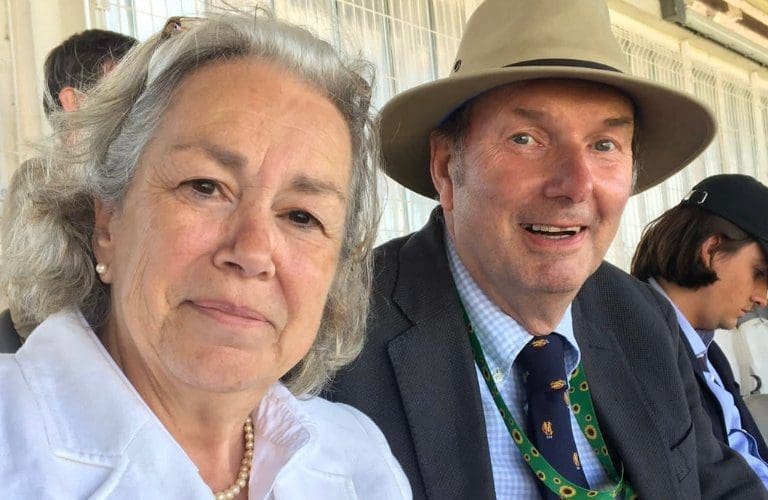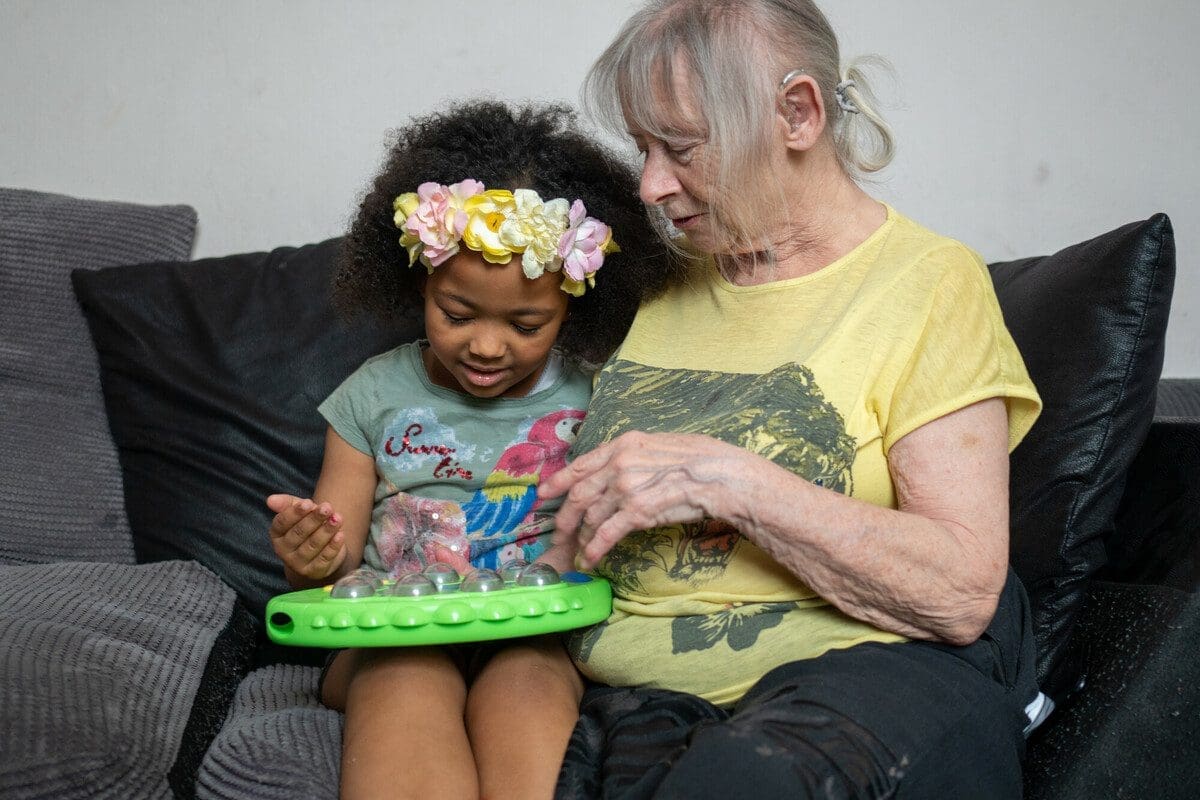
Young onset dementia
Information and resources about young onset dementia, where symptoms develop before the age of 65.
Philip Robins, who is living with young onset dementia, shares how his love of cricket helps him stay mentally active and maintain connections with his family and friends.

Philip at Lords with his wife Helen.
When I was diagnosed with dementia seven years ago, at the age of 58, one of the early pieces of advice I was given was that if I could follow a cricket match over the course of a day, I was doing very well. The neurologist who proffered this opinion was trying to answer the difficult question of how soon I would deteriorate and whether there were any yardsticks I could use. As it turns out, it has been one of the most treasured pieces of advice as I struggle to live well with young onset dementia.
There are many variations of dementia, and the diagnosis is sometimes difficult to make for certain. Even more difficult is determining the course of how it will vary over time, how long you have left to bat, and whether you will be bowled a googly when you least expect it. My type of dementia is Lewy body dementia, together with some Parkinson’s symptoms such as tremors and acute fatigue.
It is gratifying that cricket forms a part of many support and therapeutic activities for people with dementia. Some care homes use ‘clock cricket’ where people sit in a circle and play using a sponge ball and foam bat as a means of mental and physical exercise; Surrey v Middlesex staged the first dementia-friendly game in 2016; and many cricket clubs arrange activities for dementia groups, including the Marylebone Cricket Club (MCC) and the charity Sporting Memories.
So far, my long-term memory is still intact, and I can remember in detail my father taking me, aged six, to Hove to see Sussex v Yorkshire in 1964. When my memory does fail, I have 65 well-thumbed copies of Wisden – the ‘bible of cricket’ – to refresh the detail of the countless games I have seen since then.
My daughter, Isabel, recently bought me an MCC tie to commemorate my 40-plus years of membership – my son, pointing to my girth, claims the ‘XL’ on the tie refers to ‘extra-large’!
There are of course things I can no longer do. I cannot navigate my own way to a match, and I can no longer fill out a score card, at least not accurately. However, the upside is that I always have friends and family with me, and I never miss a ball because I’m looking for my pen.
For now, I cannot only follow a day’s cricket, but thankfully I can follow a five-day test. I am greatly looking forward to attending Lord’s for the much-anticipated England v Australia Ashes Test at the end of June 2023. I will be going with Isabel, who had first dibs on the sought-after ticket after running the London Marathon in aid of Dementia UK. I am expecting a very exciting summer of cricket ahead.
A piece of wisdom imparted by one of my support groups is that a person living with dementia may not always remember people or situations but will remember the emotions that they evoke. This summer’s cricket events will add to my store of wonderful memories with family and friends which I hope to carry through my journey ahead.
No matter what lies in store for me, I know that even when I cannot follow every twist and turn of a game, I will most certainly remember how much joy I have had over many, many years and in so many settings, from the complex, fascinating, and often highly entertaining game of cricket.

Information and resources about young onset dementia, where symptoms develop before the age of 65.

Help us raise vital funds, improve care and support for families facing dementia and spread the word about our specialist dementia nurses.

Sharing your story with Dementia UK can help to inspire and reassure others who may be going through similar things.